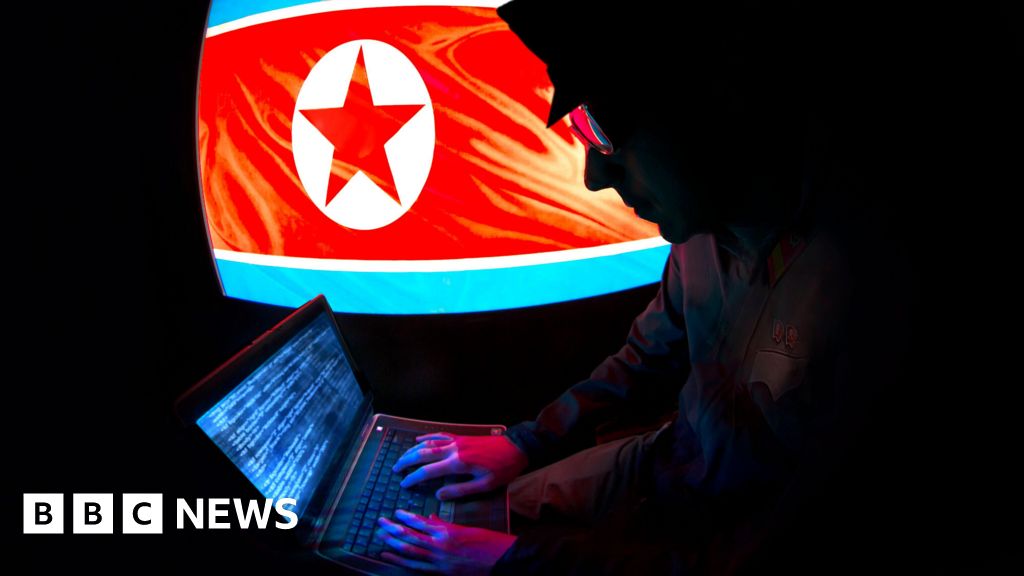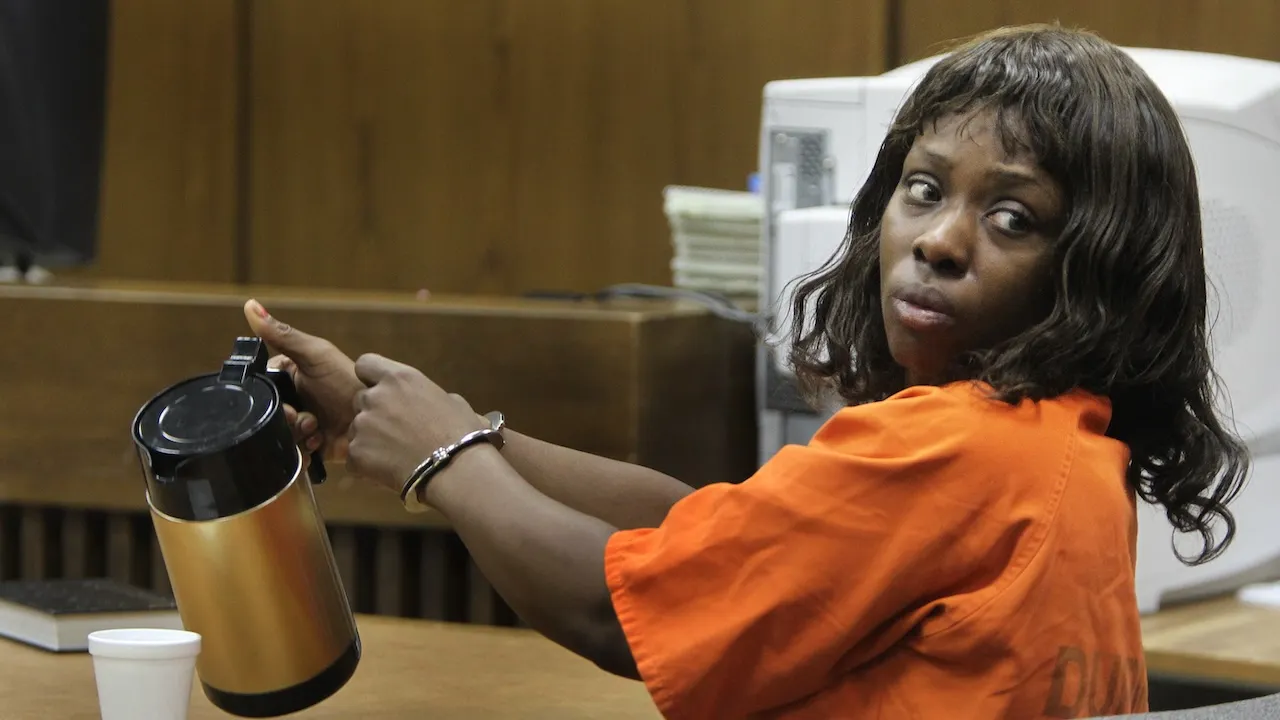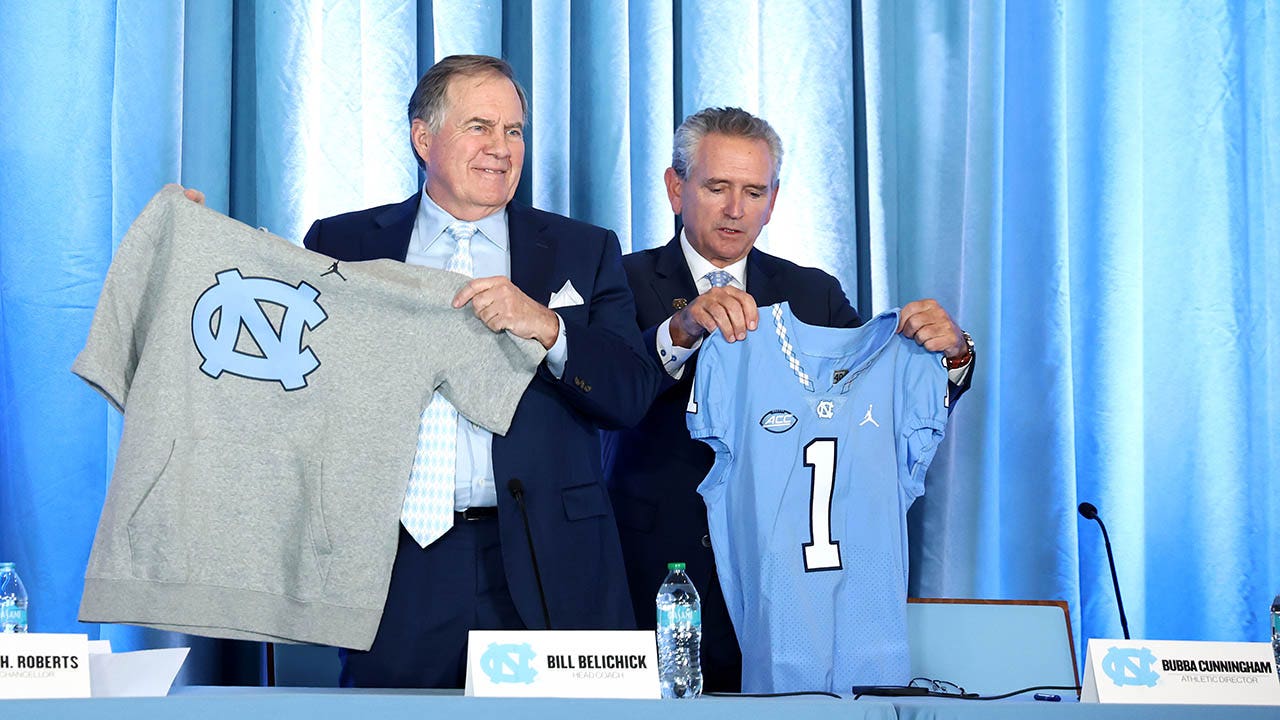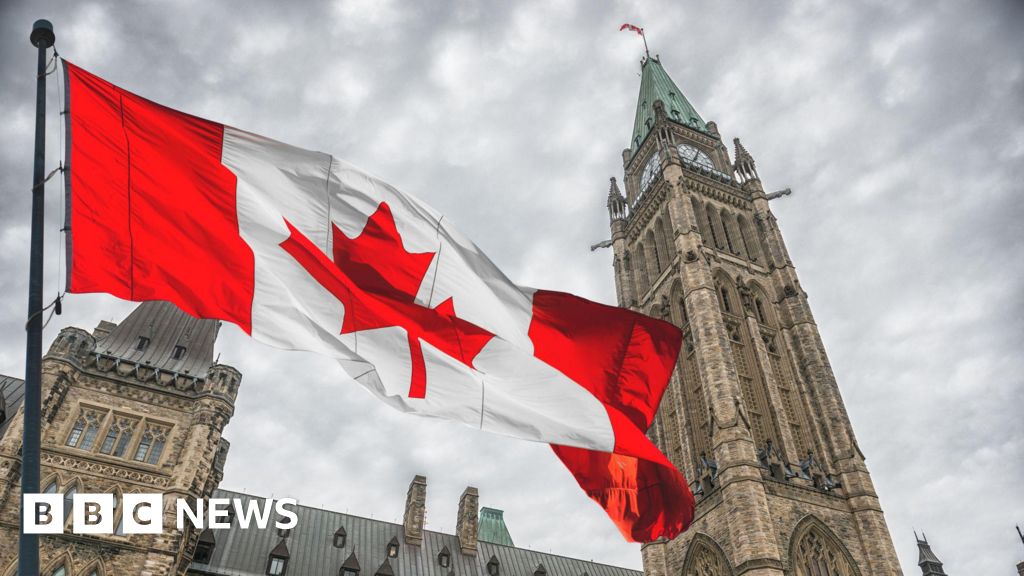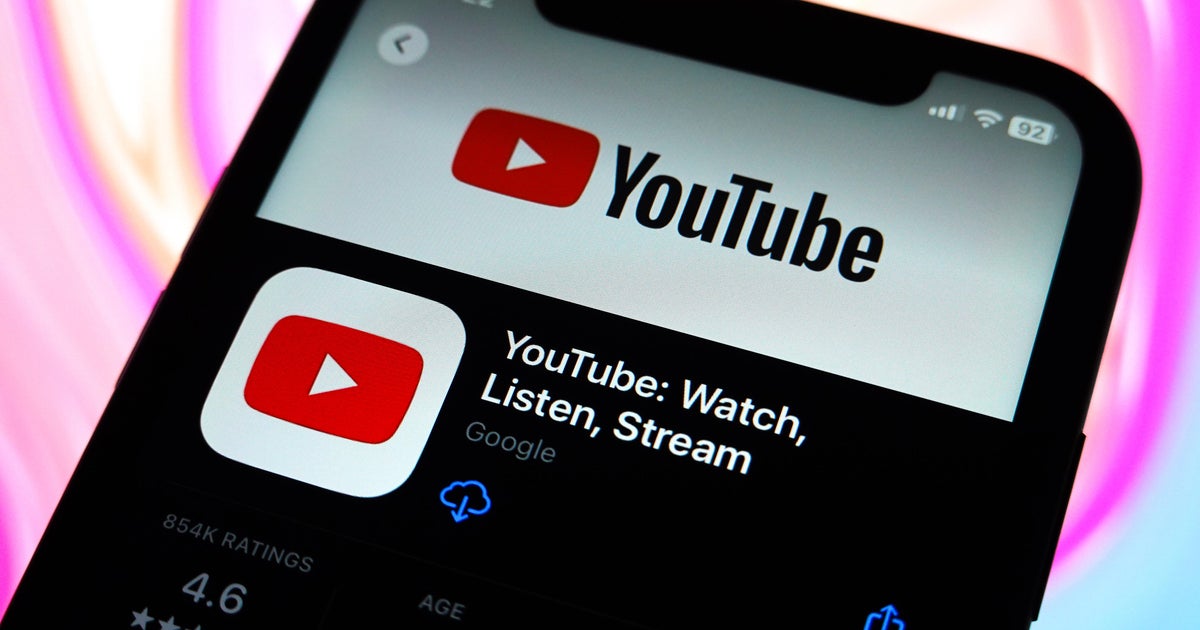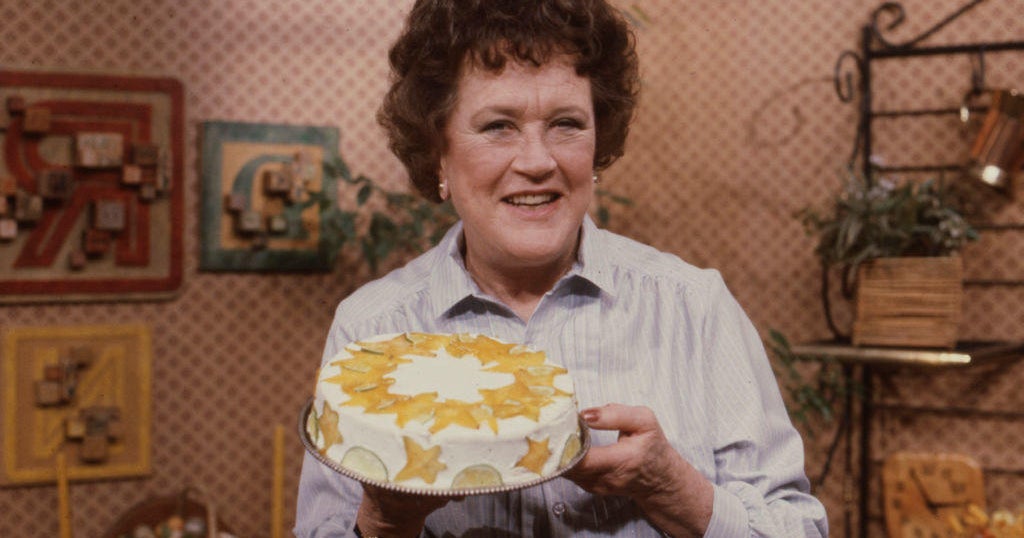The US Supreme Court Thursday delivered a thumping blow to a long-standing practice that had previously enhanced educational opportunities for African-Americans and other minorities by prohibiting the use of race and ethnicity in university admissions, AFP reported.
CNN reported: “The US Supreme Court ruled colleges and universities can no longer consider race as a specific basis in admissions — a landmark decision that overturns long-standing precedent that has benefited Black and Latino students in higher education.”
Chief Justice John Roberts, who wrote the opinion for the conservative majority, said Harvard and University of North Carolina admissions programs violated the Equal Protection Clause because they failed to offer “measurable” objectives to justify the use of race, according to CNN.
In a significant demonstration of its inclination to overturn long-standing liberal policies established since the 1960s, the conservative majority of the US Supreme Court, one year after revoking the guarantee of a woman’s right to have an abortion, once again exhibited its willingness to discard such policies.
The justices, divided along conservative-liberal lines, voted six to three in favour of the decision. This ruling followed years of right-wing opposition to “affirmative action” programmes that aimed to promote diversity in school admissions, as well as hiring practices in businesses and government.
Chief Justice John Roberts, in the majority opinion, acknowledged that affirmative action was enacted with good intentions and implemented in good faith.
However, he asserted that such policies cannot be perpetuated indefinitely, as they would amount to unconstitutional discrimination against others.
“The student must be treated based on his or her experiences as an individual — not on the basis of race,” Roberts wrote.
The court said that universities were free to consider an applicant’s background — whether, for example, they grew up experiencing racism — in weighing their application over more academically qualified students.
But deciding primarily based on whether the applicant is white, Black or other is itself racial discrimination, Roberts wrote.
“Our constitutional history does not tolerate that choice,” he said.
In a scathing rebuttal, Justice Sonia Sotomayor accused the majority of being colourblind to the reality of “an endemically segregated society.”
“Ignoring race will not equalize a society that is racially unequal. What was true in the 1860s, and again in 1954, is true today: Equality requires acknowledgment of inequality,” she wrote.
Elite universities
The court sided with an activist group, Students for Fair Admissions, that sued the oldest private and public institutions of higher education in the country — elite Harvard University and the University of North Carolina (UNC) — over their admissions policies.
The group claimed that race-conscious admissions policies discriminated against equally or better-qualified Asian Americans competing to enter the two universities.
Harvard and UNC, like several other competitive US schools, consider an applicant’s race or ethnicity as a factor to ensure a diverse student body and representation of minorities.
Such affirmative action policies arose from the Civil Rights Movement in the 1960s aiming to help address the legacy of discrimination in higher education against African Americans.
Thursday’s ruling was a victory for conservatives, some of whom have argued that affirmative action is fundamentally unfair and that the policy has outlived its need due to significant gains by Black people and other minorities.
“This is a great day for America,” said ex-president Donald Trump, who helped build the court’s conservative majority with three appointments.
It “will make the college admissions process fairer and uphold equality under the law,” added Republican US House Speaker Kevin McCarthy.
Kenny Xu, a member of the board of Students for Fair Admissions, said the judgment will stop prejudice against Asian-American students.
“They discriminate against Asians to make room for Black Americans,” he told CNN.
“If you’re an Asian-American, you had to score 273 points higher on the SAT to have the same chance of admission as a Black person at Harvard. Is that fair?” he said, referring to the standard university exam.
Setback to liberals
But the ruling was another major setback to progressives after the court overturned the landmark 1973 “Roe v. Wade” decision guaranteeing a woman’s right to abortion.







